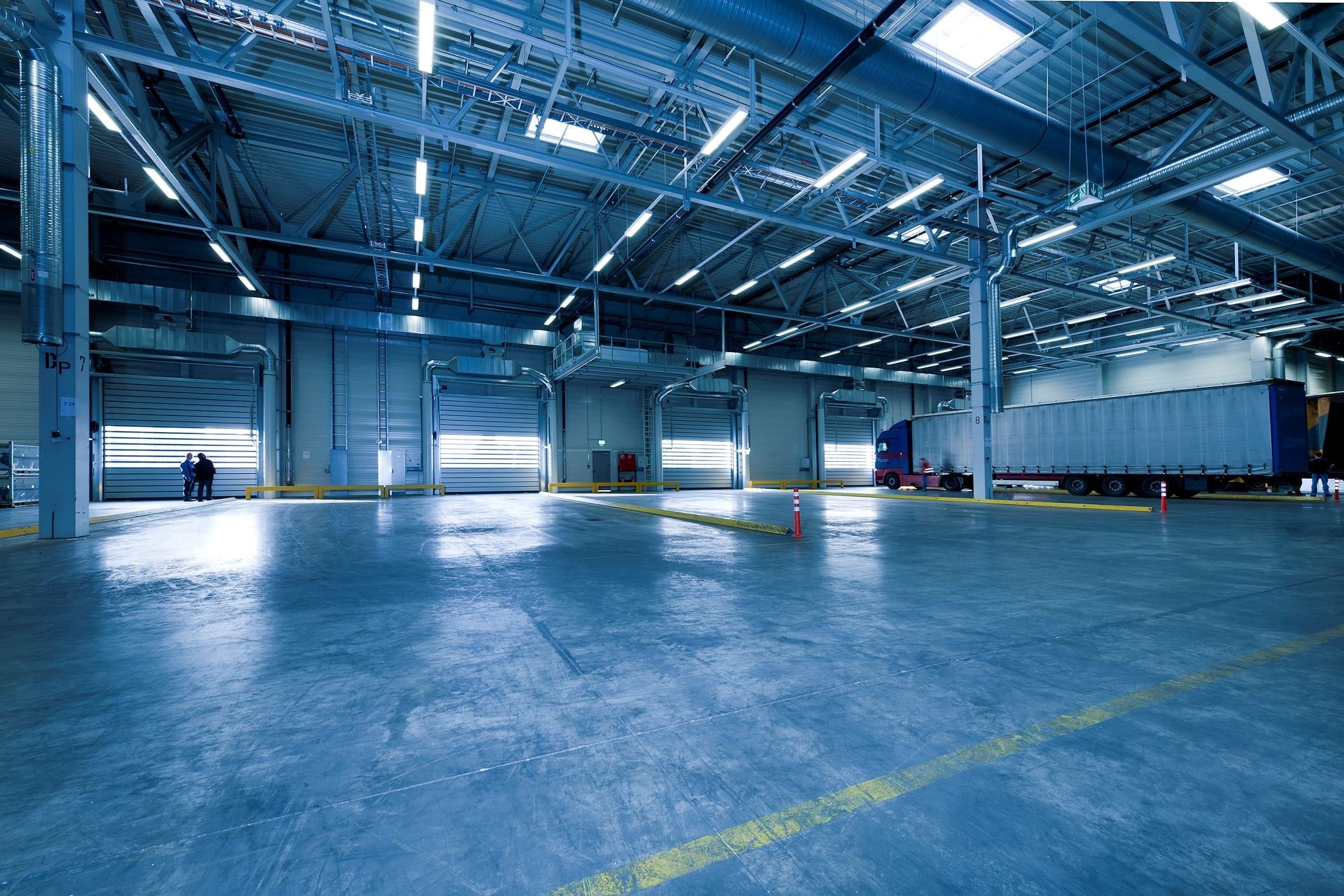
Staying Safe on the Loading Bay
Precautions for avoiding injury
Be safe and healthy on the job with these helpful tips.
Slips, Trips and Falls
Slip, trip and fall injuries are very common on the loading bay. To reduce your risk of injury, make sure to clean up all spills, leaks and wet spots immediately. If the area is still wet, place a wet floor sign to alert other workers.
The loading bay is an essential component of ’s business. Despite its daily use, however, it still presents serious safety hazards. There are risks for pinch point injuries from rolling doors, falls from elevated bays and lorry beds, and accidental collisions between equipment and workers—among other injury-causing hazards.
Avoid Injury on the Bay
All workers must be alert to these hazards to avoid injury. To stay safe at your facility’s loading bay, consider these useful recommendations.
• Always wear the proper personal protective equipment (PPE), such as gloves and steel toe-cap boots with grip soles. Wear ear muffs or plugs where required.
• Make sure trailer lanes are clearly marked so that reversing, parking and spotting is easier.
• Make sure that bay bumpers are in place and in working condition. Report any damaged bumpers to your supervisor to ensure that they are replaced as quickly as possible.
• Do not sit idle on a bay. This will prevent unnecessary exposure to diesel exhaust.
• Steer clear of trailers when a forklift is loading or unloading.
• Check bay levellers or bridges before using them.
• Use trailer locking devices to prevent a gap from opening between the trailer and the bay.
• Do not operate any machinery that you are not trained to use.
• Never load trailers that are not firmly seated against a bay, and always check the weight capacity of the leveller before you begin loading a trailer.
• Inspect the trailer’s floorboards to assure that they can withstand the load, the lifting device and your body weight combined.
• Your load should never exceed the capacity of your loading equipment.
• Keep aisles and working areas free of clutter and debris on loading bays.
• Only walk in the designated pedestrian passageways.
